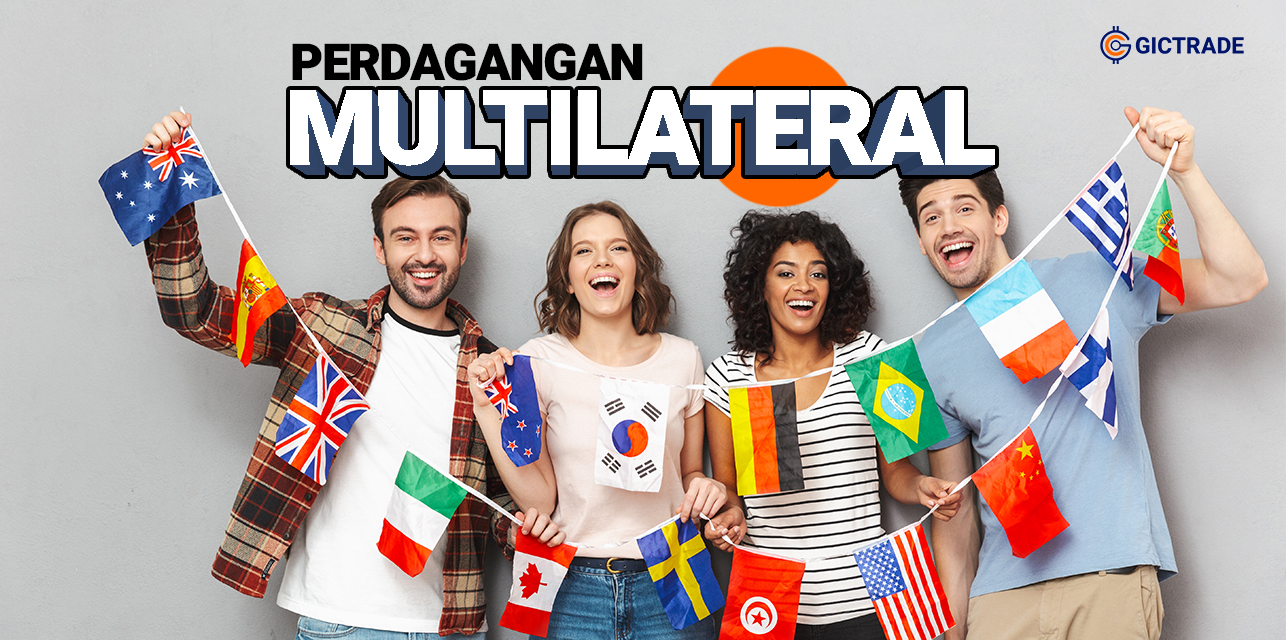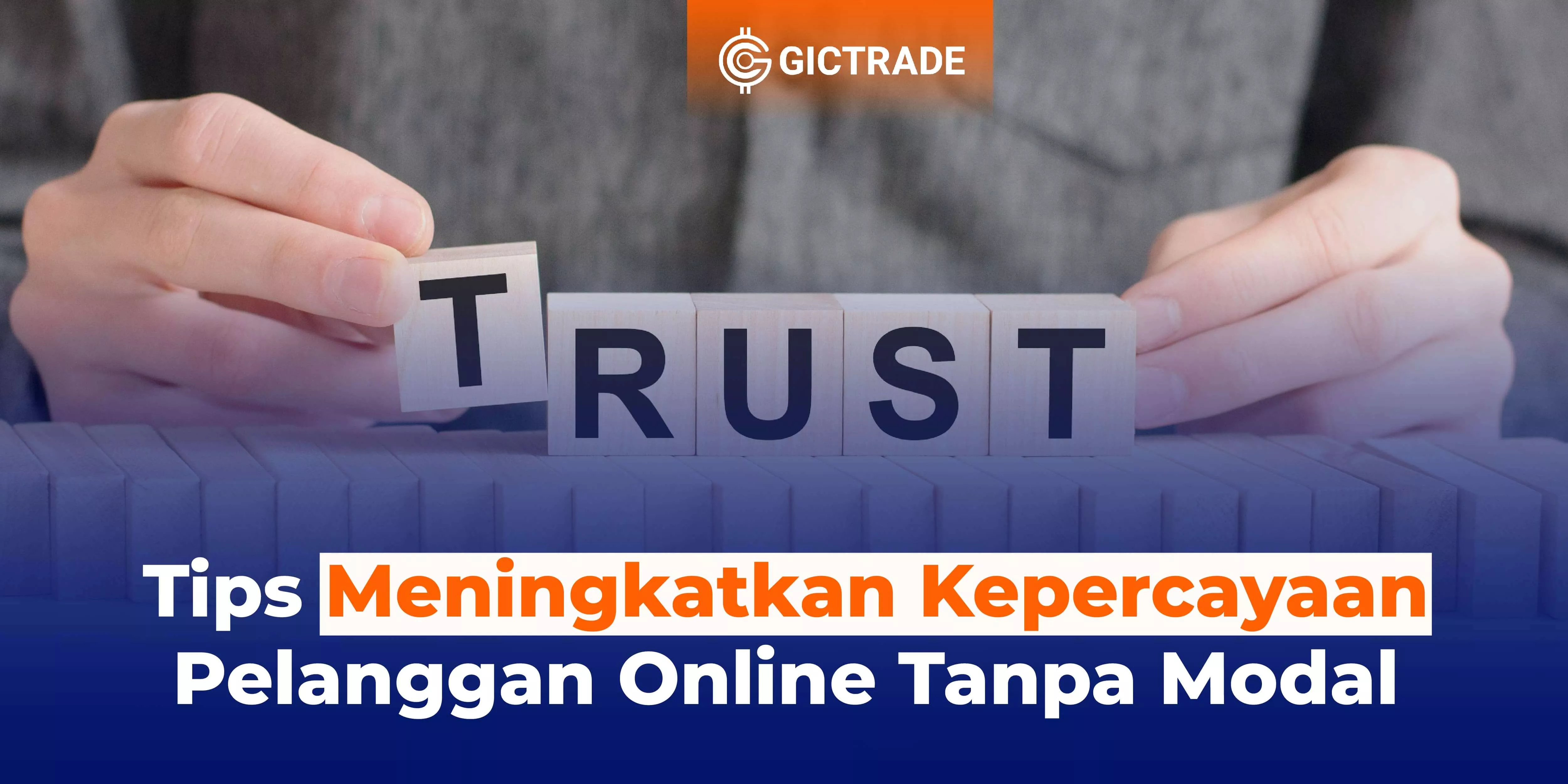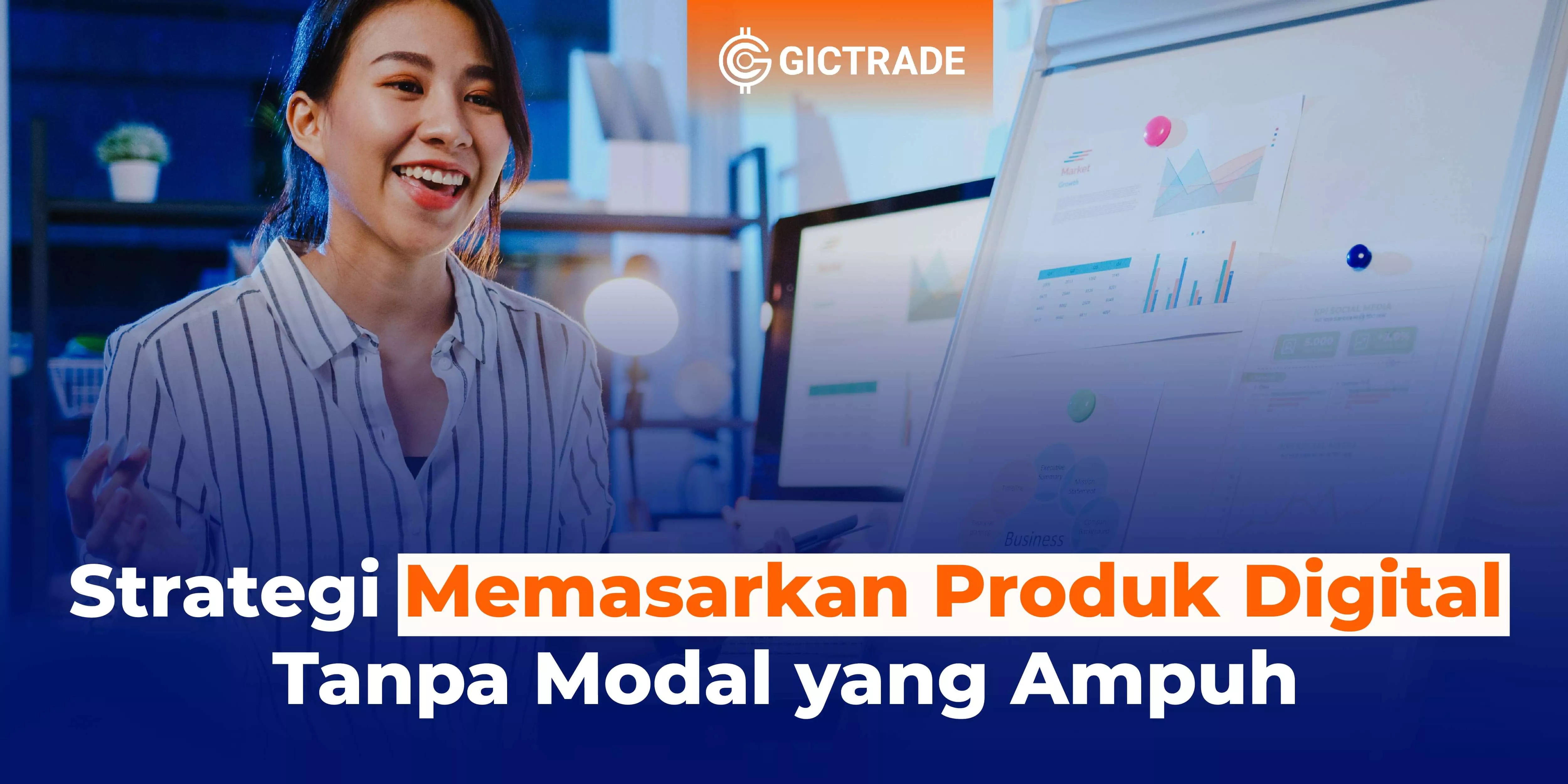Being a trader who plays in buying and selling currencies, stocks, or gold globally should be aware of the various types of trading systems that apply in Indonesia and the world. One of them is the multilateral trading system, so what is it? The multilateral trading system is a trading system where many sellers meet many buyers and do not know each other (many to many). This transaction occurs on the exchange, so all transactions are automatically registered with the exchange and institution. To help you understand it better, we will help explain it. It's also a good idea to follow the daily forex news, namely in the
GIC Journal, so as not to miss important news.
What is Multilateral Trade?
Previously we have explained a little about this trading system, In a derivatives trading known as the Multilateral and Bilateral Trading System, both are regulated/organized by the Jakarta Futures Exchange (BBJ) and the Indonesian Commodity and Derivatives Exchange (BKDI) and supervised by Bappebti. Multilateral trade is a trade mechanism that involves more than two parties and offers an effective, fair, transparent and accountable form of market. An effective, fair, transparent, and accountable market can be realized because in multilateral trade there is a trading mechanism that is greatly influenced by fair demand and supply and in accordance with the real conditions of the market so that a reasonable price is created. While the Bilateral System here refers to the Alternative Trading System (SPA). Alternative Trading System (SPA) is a trading system that deals with the buying and selling of Derivative Contracts other than Futures Contracts and Shariah Derivative Contracts, which are carried out outside the Futures Exchange, bilaterally with the withdrawal of Margin registered with the Futures Clearing House. However, we are not discussing the bilateral system, we will discuss more of the multilateral system Domestically, multilateral trading practices exist in the capital market, namely stock trading that has been running in Indonesia under the auspices of the Indonesia Stock Exchange. For example, multilateral trading
GICTrade is present as a trading provider with a multilateral system with a revolutionary
Peer-to-Peer platform, for the first time, customers can get access to become a
Market Maker or Liquidity Provider (LP) for Traders' transactions. In the past, all traders' transactions were against a large institution of trading companies, now it means that traders' customers will
meet directly with Market Maker customers on a platform. With
the Peer to Peer Platform,
GICTrade solves
two of the biggest problems found in traditional brokerage systems, namely
Conflicts of Interest between
Brokers,
Traders and
Customers and
High Trading Fees. With super minimal trading fees and no conflicts of interest,
GICTrade creates a fair trading arena and maximum profits. The activities of capital market participants in buying and selling are quite much influenced by the fair value of a company, which is familiar with fundamental analysis. Fundamental analysis leads to transparent, fair and accountable market assessments. Although the stock market in Indonesia can still be said to be weak in efficiency, for some stocks with a large market capitalization, it can reflect strong market efficiency. Several countries involved in multilateral trade first establish relations, and agree to conduct joint trade relations. For example, Indonesia, Turkey, and Malaysia have entered into trade agreements with the three countries. So a trade agreement between the three countries was formed, and multilateral trade between the three countries could take place. So what is the relationship with forex? Here's an example.
Examples of Multilateral Trading on Forex
Usually, multilateral trade runs within the framework of an international organization consisting of many or more than two countries. This organization is what makes the rules of the game in trade between its member countries. Every member of such a trade organization is obliged to comply with these rules. Other countries that want to be involved in the member countries of the organization are required to become members, they may or may not have to be members as long as they have made an agreement with the international trade organization. An example of multilateral trade is AFTA (ASEAN Free Trade Area) which involves countries in the Southeast Asian region. AFTA is also a form of regional trade because this trade occurs between countries in the Southeast Asian region. One of the multilateral trade organizations that involves many countries is the European Union or MEE. EU members can trade with fellow EU members. Countries outside the European Union can also trade with EU countries, but the regulations are in accordance with EU provisions, or in accordance with the country's mutual agreement with the European Union. The largest multilateral trade organization in the world is the WTO, whose members include almost all countries in the world, both developed and developing countries from various regions of the world. The WTO regulates the rules of the game in trade among members of this organization. For example, the determination of maximum import duty rules, the prohibition of dumping. If there is a trade dispute between fellow WTO members, it will be resolved using a pre-arranged mechanism.
Benefits and Disadvantages
The benefits obtained from multilateral trade are not much different from the benefits obtained from international trade, including:
- Strengthening the friendship of the countries involved in the trade.
- Meet the needs of goods or services from the countries involved.
- Obtaining foreign exchange from the export of goods or services in the trade.
- Maximizing domestic production, because manufactured goods can be absorbed by a wider market.
- Distributing domestic production surpluses, so that domestic product prices can be maintained.
Multilateral trading, in addition to providing benefits, also has disadvantages or negative impacts, namely:
- The applicable provisions are general for all participants, even though the conditions of each country are different.
- It can result in a trade balance deficit, if it turns out that the trade produces more imports than exports.
- Endangering domestic producers, if domestic products are not able to compete with foreign products.
- Countries with weaker economies are usually only a market for countries with stronger economies.
- The determination of rules in trade is usually more determined by countries that are politically and economically stronger.
So, that's a discussion about Multilateral Trading that can help you to trade in the forex market. Are you interested in trying trading? It's time for you to start trading with
GICTrade So that you are better at trading, you can also join the
trader community on
GICtrade's Telegram to ask fellow
traders directly about their
trading experience. Also follow
GIC's Instagram to get webinar information and various attractive prizes. In addition, on
YouTube GIC,
traders can also learn to
trade for free! What are you waiting for? Get more features that fully support you to start investing and
trading forex through GIC. Make transactions simpler, safer, and more profitable. Start by creating a
demo account.
 Last:
Last: 







